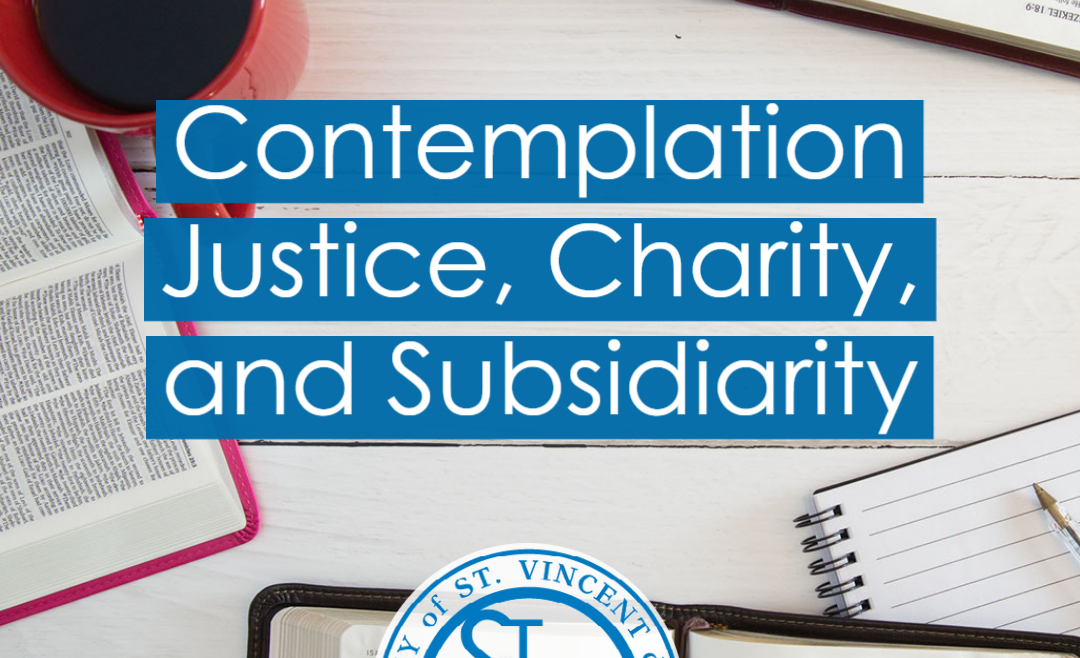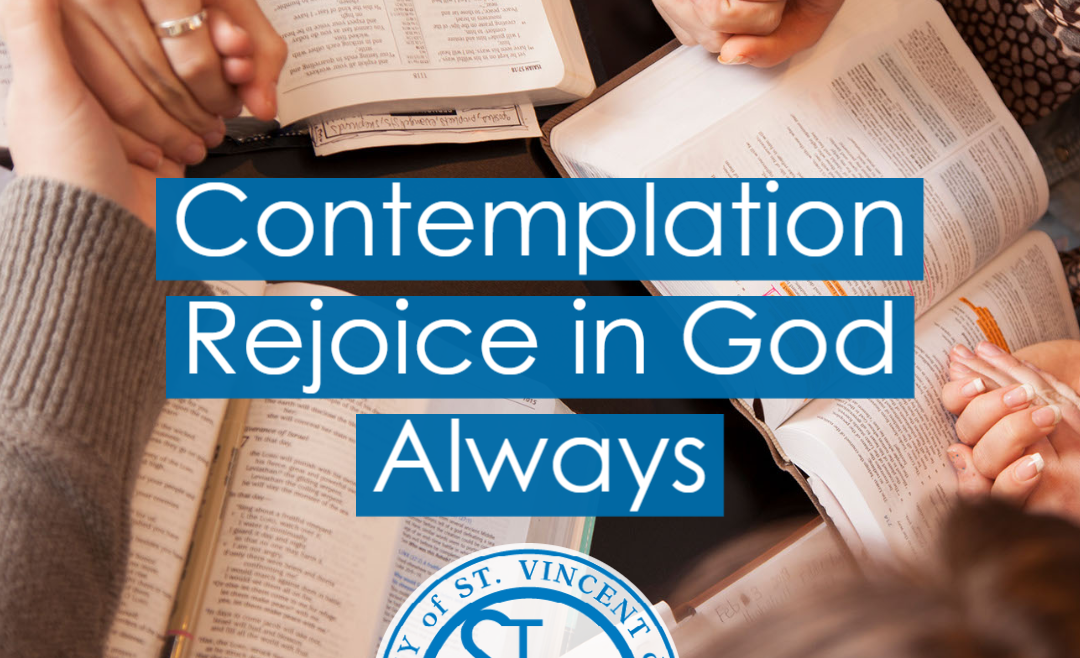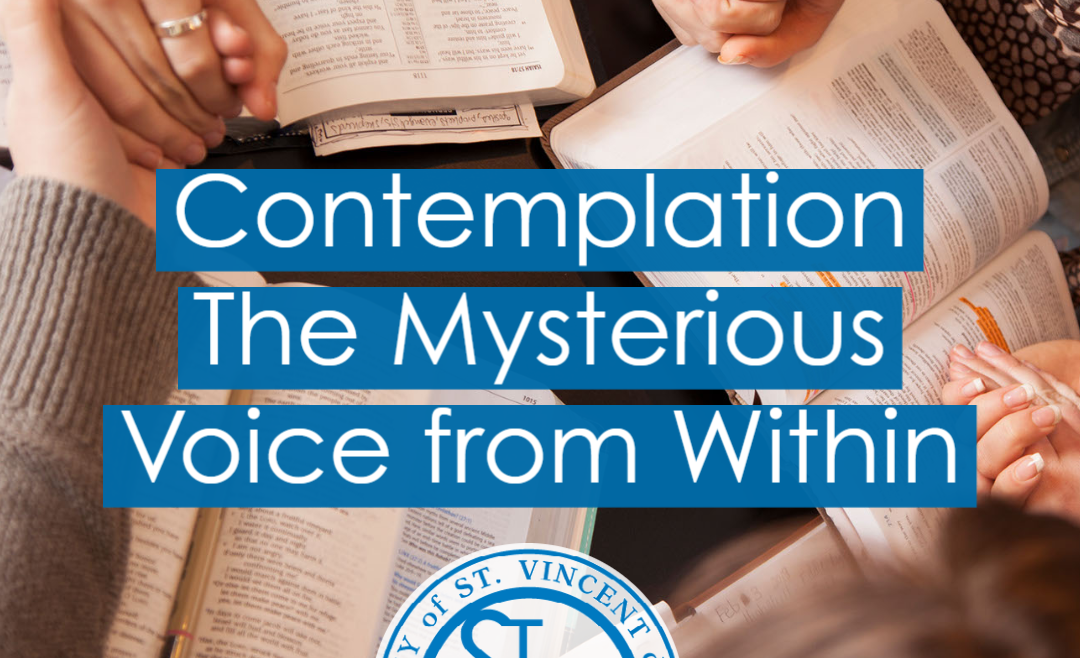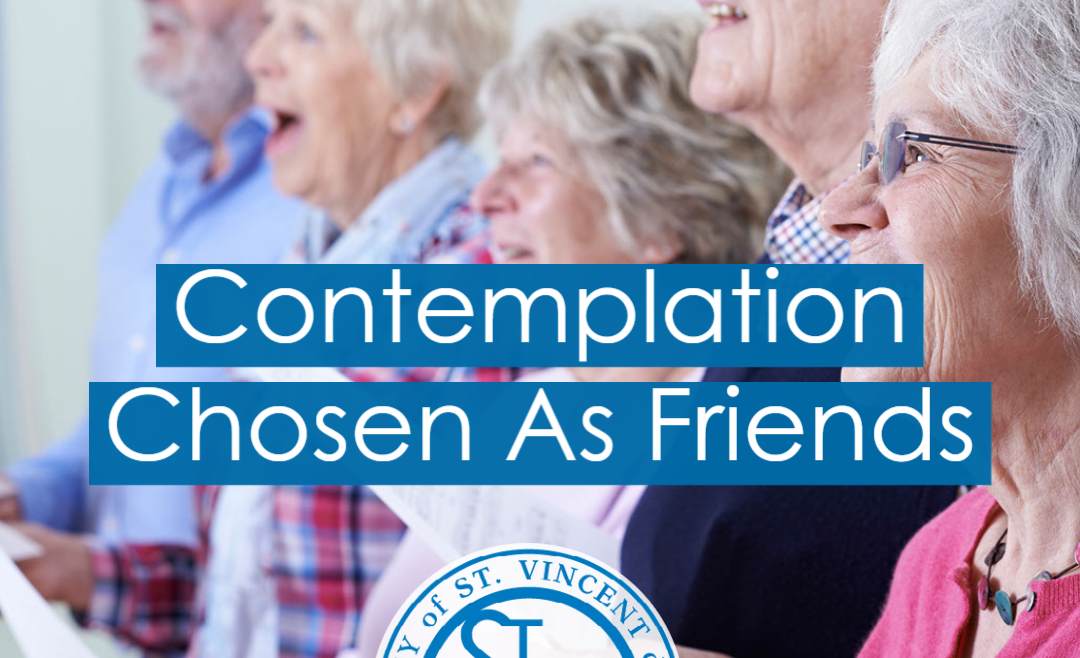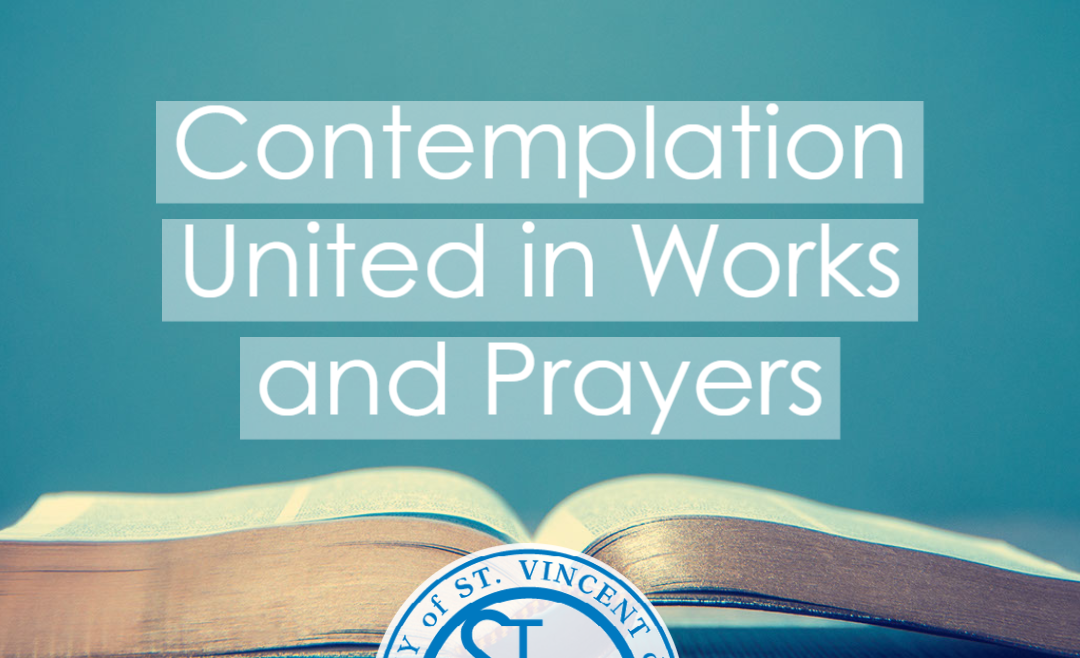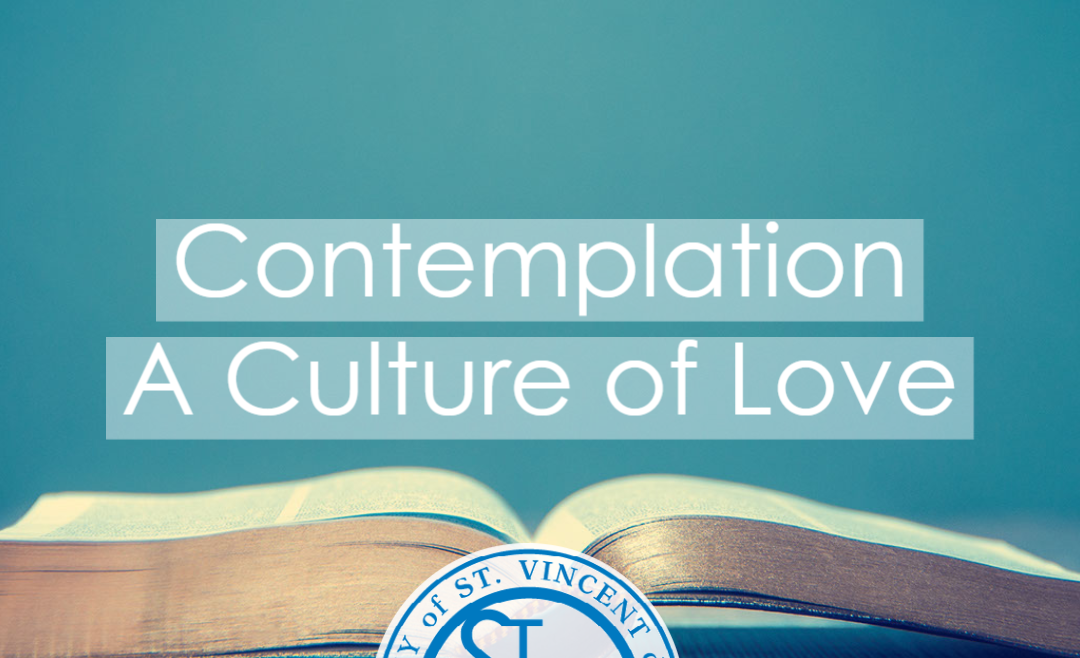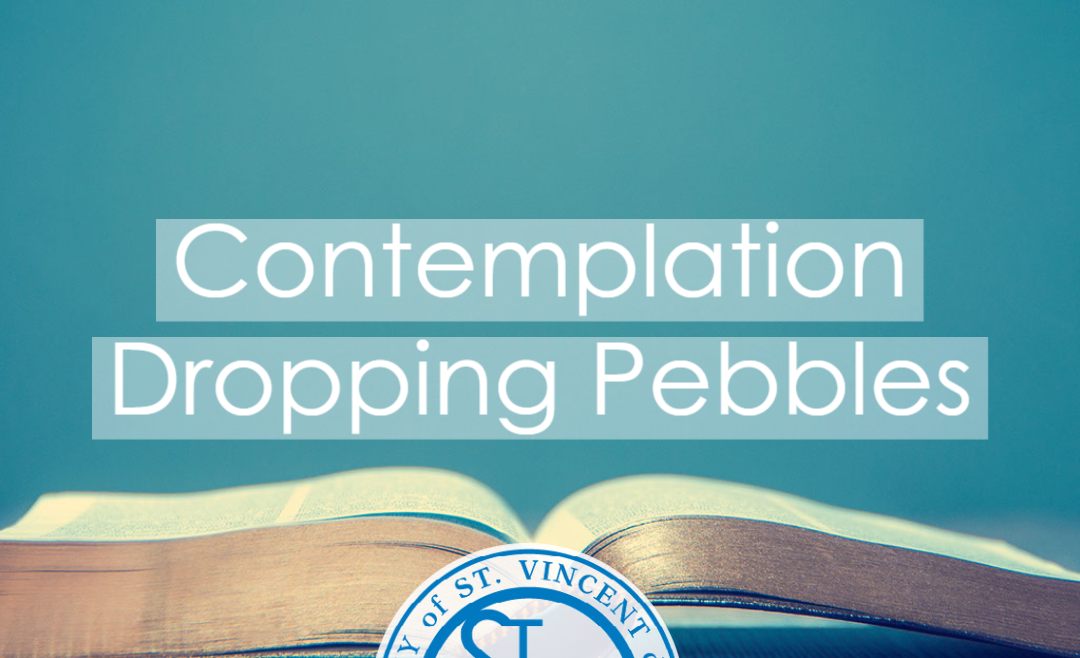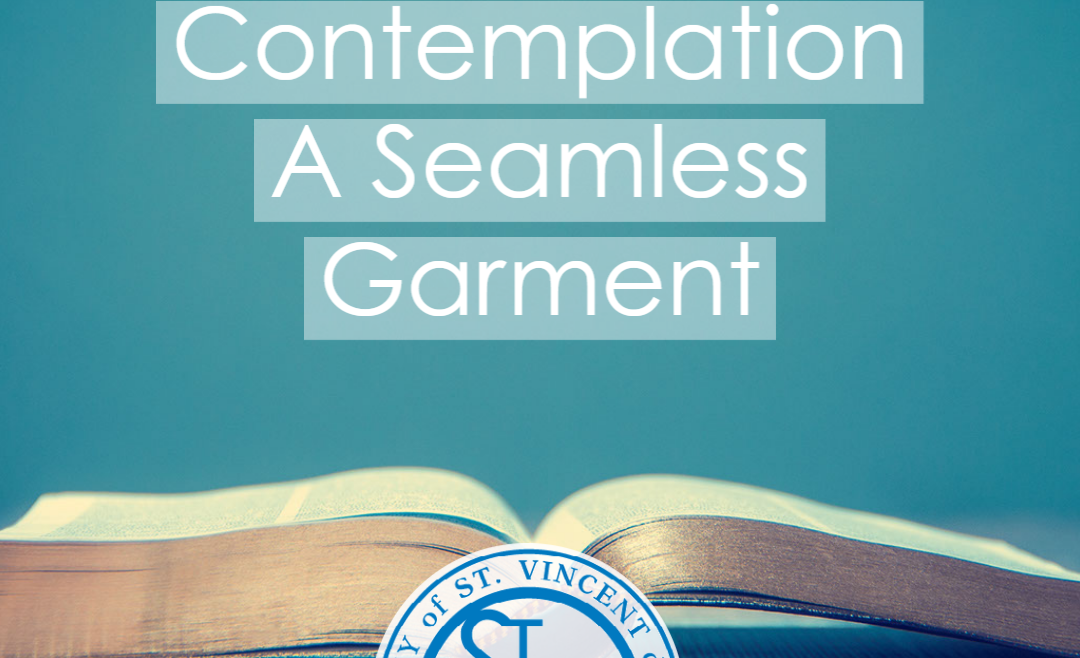One of the oldest traditions of the Society is our embrace of subsidiarity as our standard of operation. By this, we mean that Conferences and Councils have great freedom of action, empowering them to pursue local initiatives to help the poor spontaneously and effectively, without the burden of excessive bureaucracy. [Rule, Part I, 3.9] Bureaucracy, after all, is the hallmark not of Christian charity, but, as the word itself suggests, of what Bl. Frédéric referred to as “the assistance bureaus.” He explained that Conferences should instead keep in mind that each city “has different needs … and provides different resources” and not “tie [themselves] down with rules and formulas.” [Letter 82, to Curnier, 1834]
It only stands to reason, then, that it cannot be a remote Council that dictates the works of the Conferences, for it could have little basis to do so outside of “rules and formulas.” Councils instead exist not to supervise, but “to serve all the Conferences they coordinate.” [Rule, Part I, 3.6] As Emmanuel Bailly explained this relationship in an 1841 Circular Letter, Councils are “rather a link than a power” and in that link from Conferences to Councils and back, “there is neither authority nor obedience; there may be deference and advice; there is certainly, above all, charity; there is the same end, there are the same good works; there is a union of hearts in Jesus Christ, our Lord.” [Circ. Ltr. 14 Jul 1841]
Subsidiarity, then, works hand in hand with our Vincentian friendship, and our Cultural Belief in One Society. We are united by our Rule, by our Catholic faith, and by the celebration of our diversity in the many communities where we serve. We respect the Conferences’ determination of the best way to serve their communities in much the same way as Conferences are called to assume that the home visit team has “special insight into the best way to give help.” [Manual, 24]
Subsidiarity, of course, also is one of the four permanent principles of Catholic social doctrine, necessary to recognizing the dignity of the human person. It extends not only from Councils to Conferences, but to the neighbor, reminding us that it “gravely wrong to take from individuals what they can accomplish by their own initiative and industry and give it to the community.” [CSDC, 186]
This is one reason why, rather than dictating solutions for the neighbor, “Vincentians endeavor to help the poor to help themselves whenever possible, and to be aware that they can forge and change their own destinies and that of their local community.” [Rule, Part I, 1.10]
At times, it seems easier to simply dictate to others rather than allow them to make their own decisions, but subsidiarity calls Councils to respect the judgment of Conferences, Conferences of members, and members of neighbors. Subsidiarity, being rooted in respect for the dignity of the human person, is a measure of both justice and charity.
Contemplate
Are there times I become frustrated because I believe that “I know what’s best” for others?

